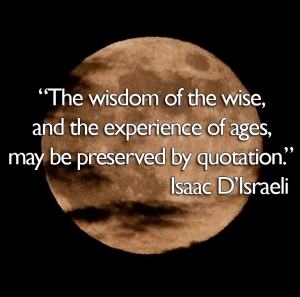Like many people, I’ve been reading through the book of Luke this month, and today we reached one of the hardest and most beautiful chapters in the Bible: Luke 23.
Reading about how Jesus was treated on that last day is painful. To see Him accused unjustly and witness Pilate and Herod toss Him around like a ping pong ball hurts. Then, watching Pilate give into the crowd’s demands not because Jesus had been found guilty of anything, but because the crowd was overwhelming… You see just what a wimp Pilate was, really.
But when I keep my eyes on Jesus, I’m blown away. At any point, He had the right and authority to put an end to it all. He could have, but He’d already settled His course in the garden. He was determined to do God’s will no matter how much it hurt. So, rather than potentially say something that might hinder the process, He remained silent except for the one time He confirmed what Pilate had said about Him being king of the Jews. He literally could have called ten thousand angels and chose not to.
On the walk to Golgotha, He spoke only to the weeping women, giving them warning of what was to come. Then, once He’d been raised up on the cross, what did He say? “Father, forgive them, for they don’t know what they are doing.” (verse 34, NET) Every time I read those words, I come to a full stop and consider: If Jesus, who was in a worse position than any man ever had been or would be again, could ask God to forgive those who were crucifying Him – even though they didn’t want or ask for forgiveness – who am I to hold grudges? Seriously? In eleven words He preached a sermon I will never forget.
His heart being what it was, it’s no surprise that He told the second criminal, “I tell you the truth, today you will be with me in paradise.” (verse 43)
At verse 44 we reach the beautiful part of this chapter. As the devil was no doubt rejoicing, God turned out the lights. Some have theorized that this was a solar eclipse, but it happened at Passover, so that’s not possible. Whatever God did, the result was no sun and no moon for three hours.
What would it have been like on that hill after three hours of darkness? I’m guessing it would have been nearly silent, maybe with the painful moans of the dying, the sound of weeping, and the steps of any soldiers who were on patrol. And then something completely unexpected happened.
Then Jesus, calling out with a loud voice, said, “Father, into your hands I commit my spirit!”
Luke 23:46 NET (emphasis mine)
And then He breathed His last. And…? Can you imagine? It might as well have been the dead of night and a man who should have been barely breathing SHOUTED out such a declaration. Luke doesn’t tell us much beyond the impression it made on the centurion and that the crowds “returned home beating their breasts,” but you know it was a kick in the gut to every one of them.
About that same time, the veil in the Temple was torn completely in two from top to bottom. This “veil” was actually a curtain that was around 60 feet high and, according to ancient Jewish tradition, about 4 inches thick. It separated the Holy of Holies from the rest of the Temple, protecting man from God’s holy presence. When Jesus gave up His life as the sacrifice for our sins, that protection was no longer necessary.
Light dawned in that moment, and today we have the right to enter boldly into God’s presence!
I get to the resurrection tomorrow as I appropriately finish the book of Luke on the day we prepare to celebrate Jesus’ birth, but I end today’s reading in joy for what Jesus had already done at 3:00 in the afternoon on a day darkness had ruled.
Celebrating Jesus!
Tammy C
